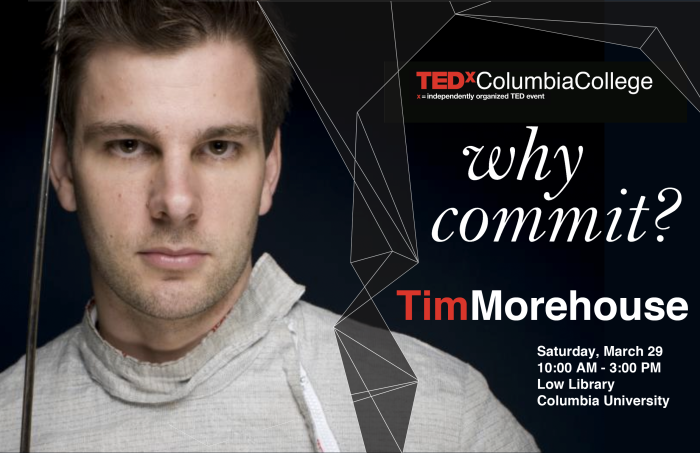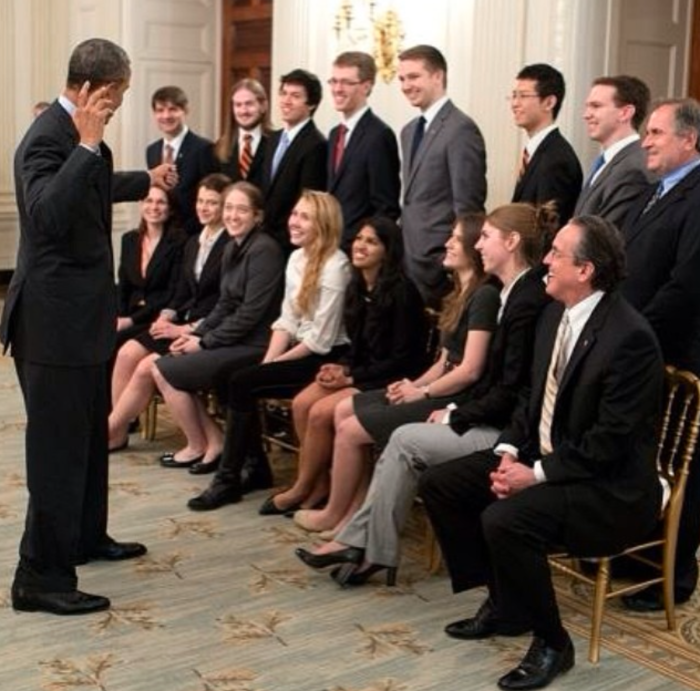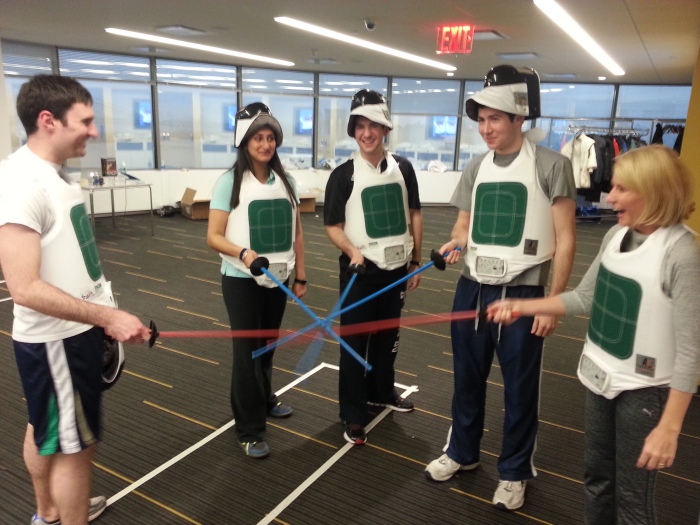
Positive (or let’s say productive) self-talk is a really important part of succeeding in sports and in life. It might sound like a cheesy thing but how you “coach” yourself especially in pressure filled or tough situations is critical to success.
As an example, two phrases I often use to “coach” myself through tough situations when competing or just generally in life are “It Is what It Is” and “Focus on what you can Control Tim!” (you can obviously supplement your own name here if you ever want to use the second phrase! lol)
My natural inclination when something crappy happens is like anyones: I get upset! But how much I let that moment distract or “own” me can be the difference between victory and defeat or a good or bad performance.
Bad or unlucky things happen to EVERYONE. Your equipment might not arrive at the tournament. You might do well in your seeding matches but then draw a really tough opponent anyway and of course there will always be “bad” calls. You can pick any sport you want, we’ve all witnessed an athlete get upset at a bad call and then get taken way off his/her game even many plays later. This scenario happens outside of sports just as much!
“Why is this happening to me?!?!?!” is a pretty natural phrase to pop into your head at bad moments. This is a totally normal reaction but also why it is important to plan for these situations. As soon as I go “why is this happening to me!?!?!” I take a deep breath and call upon my inner “coach” and say “It is What it Is”. Which means to me, a bad thing just happened, there is nothing I can do to go back in time to change it, I just need to accept it and “Focus on what you can control Tim!”
Being able to rapidly accept unfortunate circumstances, especially those you can’t control, and often times they can be VERY unfortunate is what it takes to win in the long run. You can’t get caught up in the short term “losses” or pitfalls and let those compound into even greater defeat.
Being a productive “coach” to yourself is one great way to help yourself overcome challenges and to put yourself in the best possible mental state to win. There is no right or wrong way to do this but it does take setting the goal, practice and experimentation like anything else to get good at it.
Learning about yourself and finding the right triggers or buttons to push to keep yourself in a focused and productive state of mind is HUGE. They are the kind of internal mental victories that precede consistent external victory and quality performance on the field of play.
Be the best coach you can be to yourself if you want to succeed in the long term!
Here is a little question/exercise (feel free to post here or just do it for yourself)
–> Do you currently have some strategies for getting yourself focused or re-centered in a productive mental state when negative or distracting things happen? Yes/No. If Yes, what are they?
–> (this is a great activity) If no, try to identify some times when you get stuck or distracted by negative things happening and start to try to catch yourself (a big step here!) and then to proactively “coach” yourself out of those unproductive moods. And, write down phrases or things you say yourself that start to have an impact so you don’t forget them!

Tim Morehouse is an Olympic Silver Medalist in the Sport of Fencing, Founder of Fencing in the Schools the largest introductory fencing program in the country, performance coach and Author of American Fencer: Modern Lessons from an Ancient Sport. www.timmorehouse.com
To Bring Tim to Speak at your company e-mail: tim@timmorehouse.com








